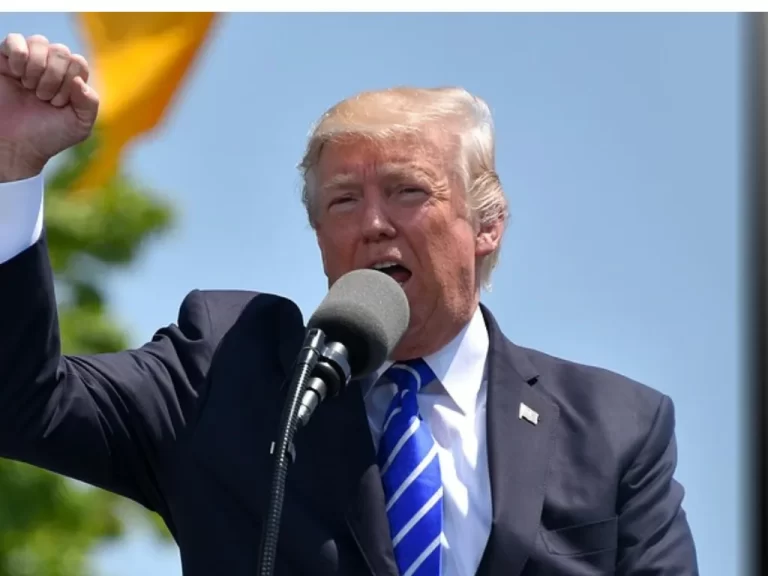By Tim Fox
December 6, 2024
Trade policy and protectionism are likely to be a centerpiece of the second Trump White House, with threats of tariffs of up to 25% being made throughout Trump’s Presidential campaign. Initially it was thought that these were likely to be targeted at specific countries such as Mexico, Canada and China, but it is likely that they could affect all companies that supply international customers or are reliant on global supply chains, which means that GCC economies will not be immune.
In fact, coming into view most recently have been the BRICS countries with Donald Trump posting a warning on social media that BRICS nations looking to move away from the US dollar could face tariffs of 100% and ‘should expect to say goodbye to selling into the wonderful U.S. Economy’. With the UAE having recently joined the BRICS earlier this year, and with Saudi Arabia still sitting on an invitation, this could have direct implications for this region, as well as indirect ones stemming from the impact of more generalized tariffs on powerful trading countries such as China.
In terms of the specifics of Trump’s latest threat, the way countries might seek to move away from the dollar could take on many different forms but is still probably more difficult than it looks. The Chinese Yuan has sometimes been seen as a potential alternative to the dollar, although this hardly seems likely to be the case in the coming years as the Chinese economy continues to slow. The Japanese yen also had a period in the late 1980’s when it was a seen as a contender to take over from the dollar, but it also failed as its economy stagnated during the 1990s.
Another option might be the setting up of a new alternative currency or financial system to rival the dollar-based system, plans that have been mooted for many years in various parts of the world, but which have never actually borne fruit. Russia has been a frequent advocate of this in recent years, but its political motive is unlikely to attract others to its cause. The Euro was once thought of as a potential alternative to the dollar, but it is still only 20% of international reserves, compared to the dollar’s 59%. Also, it’s not too long ago that the GCC had aspirations to create a single currency, but even within a relatively small and similar group of countries it was not possible for national differences to be overcome. When it comes to the BRICS therefore, the challenges facing them to create their own currency would be very difficult, as they are economically very different countries, making a unified central bank unlikely to be to everyone’s if not anyone’s taste.
It might, however, be equally difficult for Trump to pursue his threat, if by protecting the dollar’s status it helps to keep its value strong, reinforcing the persistence of the of the $84.4bn monthly trade deficit (September data). Where it might also be more difficult for the White House to control the trend towards de-dollarization, is in the realms of de-centralized finance and the growth of crypto currencies. These are developing rapidly, and to some extent are benefiting from Trump’s explicit encouragement, with alternative assets seeing rapid gains since Trump’s election victory. Stablecoin usage is also growing especially amongst corporates, not always for political reasons but mostly because they are often faster and more efficient than bank transfers. Whether these represent a move away from the dollar is unclear though, as most stablecoins are fixed to the dollar, adding another layer of complexity around the nature of such capital flows.
While the world economy will soon have to be braced for President Trump’s tariffs, potentially hurting global trade, it is questionable whether de-dollarization is an issue that can be effectively combatted in this way. It may also prove counterproductive for US interests to intervene too heavily if the dollar only strengthens as a result. And as it is also increasingly unclear what a decentralized financial system actually implies for the dollar, tariffs may not achieve what they are intended to and may only succeed in creating unintended consequences.
Tim Fox is Partner & Head of Policy & Economics at Capital Gate Advisors. An original version of this opinion editorial was published in AGBI – Arabian Gulf Business Insight.



